Are you looking for a new air conditioner? And have you come across the three letters “BTU’ in your search and wondered what they mean? Well, it’s an important feature to remember while selecting an air conditioner. It determines how well your AC will cool your home.
Here’s a complete guide answering the question: What are BTUs on air conditioners, to help you understand precisely what BTU means and their importance.
The Meaning Of BTU
BTU is an acronym for the phrase ‘British Thermal Unit’. It is a unit of measurement that measures energy. One BTU is the amount of energy required to increase the temperature of a pound of water by 1°F.
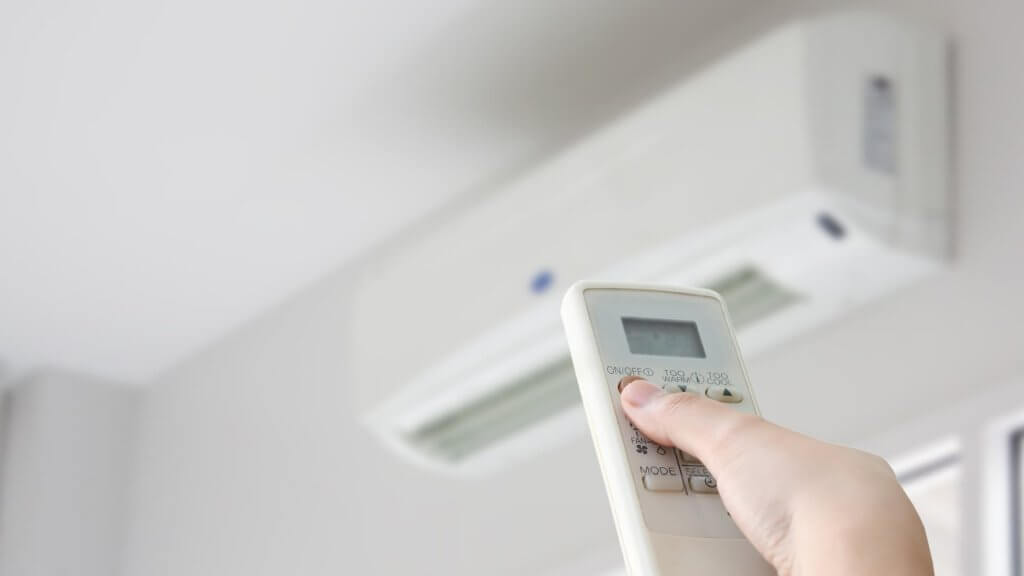
BTUs And Air Conditioners
Now you may wonder, as BTU is the energy used to increase the temperature of a pound of water by 1°F, how it relates to an air conditioner. Because air conditioners do not heat the house.
However, they do remove heat from the air while circulating cool air back into the atmosphere. In other words, BTUs measure how much heat is removed. So the higher the BTU rating of an AC, the more powerful it is.
Related article: What Are The Types Of Air Conditioners
Is The Higher The BTU Better Or Worse?
A higher BTU means more heating or cooling power when it comes to air conditioners. You may need more energy to cool a larger room. But it doesn’t mean you should buy the most powerful unit you can find. Because a bigger air conditioner is not always a better choice.
What Happens If You Have Too Much BTU?
Because sometimes too much power can be inefficient as your room ends up getting too cold very quickly.
At first, you may feel that this quick cooling is great, but it isn’t. Because in addition to rapidly cooling your home, the AC also removes moisture from the environment.
Air conditioners that cool quickly end up shutting off immediately too. So it leads to your AC not having enough time to remove the required air moisture.
Besides, while your home cools quickly, the AC constantly goes on and off to keep your home at its set temperature. This can lead to the quick wearing and breaking down of your AC unit.
That’s why it’s vital that you know exactly how many BTUs are necessary for your space’s efficient and comfortable cooling.
Does Higher BTU ACs Use More Energy?
If your air conditioner has a higher BTU rating than required, the AC will use more electricity and cycle off too quickly. It is a waste of energy and doesn’t dehumidify the space efficiently.
In other words, a higher BTU rating than required for space is a waste of electricity.
Even air conditioners with too few BTUs can be problematic.
With insufficient power, your air conditioner has to keep running to keep your home cool. It ends up with your air conditioner wearing out faster and requiring quicker replacement than anticipated. You also end up paying more for your energy bills.
That’s why BTU is an essential factor to consider while buying a new air conditioner.
How Many BTUs Do I Need To Cool 1,000 Square Feet?
You must buy an air conditioner with the right BTU rating, which depends on various factors. The most critical factor that ascertains how many BTUs you need is your home’s square footage. Once you know that, you can use the following calculations to determine how many BTUs you require.
In the below chart you will see how many BTUs are necessary to keep a specific amount of space cool. This chart will also tell you how many BTUs you need to cool 1,000 square feet.
What Are BTUs On Air Conditioners: Chart
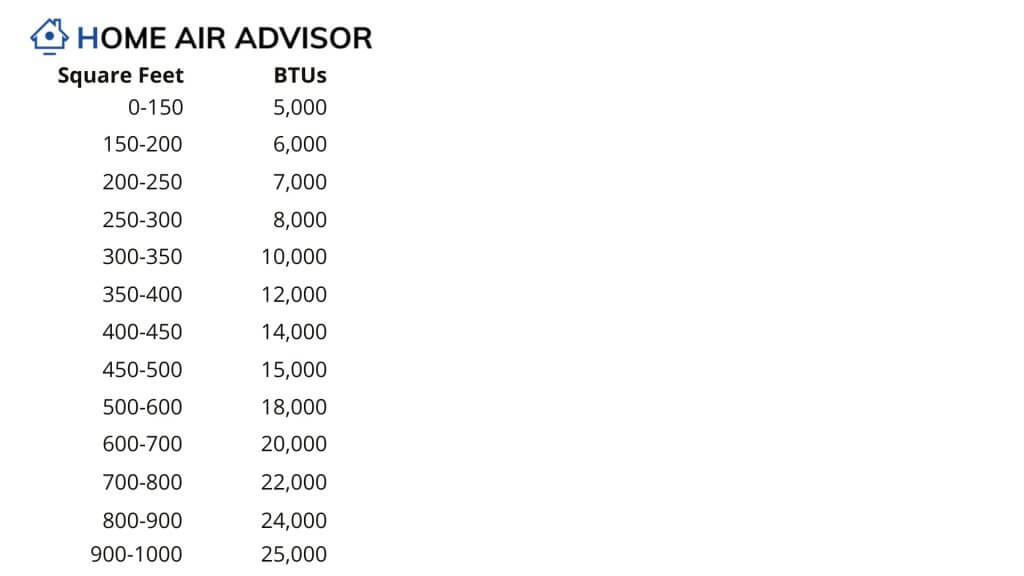
However, remember that it is a rough estimation. There are various other variables to estimate the amount of energy required to cool your place.
- One such factor is your ceiling height. Most online chart recommendations are typically for homes with 8-feet high ceilings. Higher or lower ceilings can affect the power of the air conditioner required.
- Even the location of your home determines how many BTUs are required. Homes in hotter climates need more cooling power than homes in colder climates.
You may have to increase BTUs by 10% if your room is sunny during the day.
Similarly, you can reduce the BTUs by 10% if your room remains shaded most of the day.
- Homes with sprawling or open floor plans need more cooling power than compact homes with smaller, enclosed rooms.
- Your home insulation also affects your BTU requirements. Because your home will lose its cool air quickly if it’s not well insulated.
- The number of windows in your home also affects your AC BTU rating. Because windows do not provide as much insulation as actual insulation. Therefore, you will require more power if you have several large windows. But you can reduce your cooling requirements by adding insulating or light-blocking curtains, which help keep your house cool.
Related article: How To Keep Upstairs Cool In Summertime
- Not many people realize that the number of occupants also ascertain your BTU requirements. Because people produce heat that contributes to the room’s heat and cooling requirements. If there are usually more than two people in the room all the time, then you may have to add 600 BTUs of cooling for each additional person.
- If you plan to install a window AC in the kitchen, the BTU level has to be increased by 4,000. Usually, a powerful unit is enough if you don’t cook often.
Conclusion
In short, not every home is the same. Each home or room has its own cooling requirements. Hopefully, you’ve found your answer to the question: what are BTUs on air conditioners.
Too many and too few BTUs have their consequences on your home and air conditioner unit. You can always calculate the required number of BTUs you need for optimal cooling.
Related articles:
How To Calculate EER HVAC
Do Humidifiers Use a Lot of Electricity

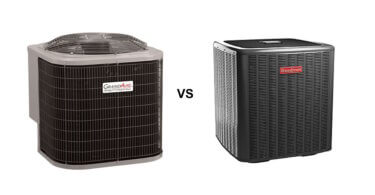
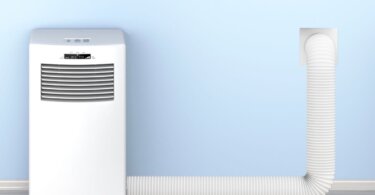
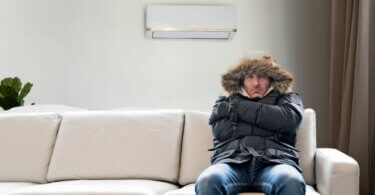

Leave a Comment